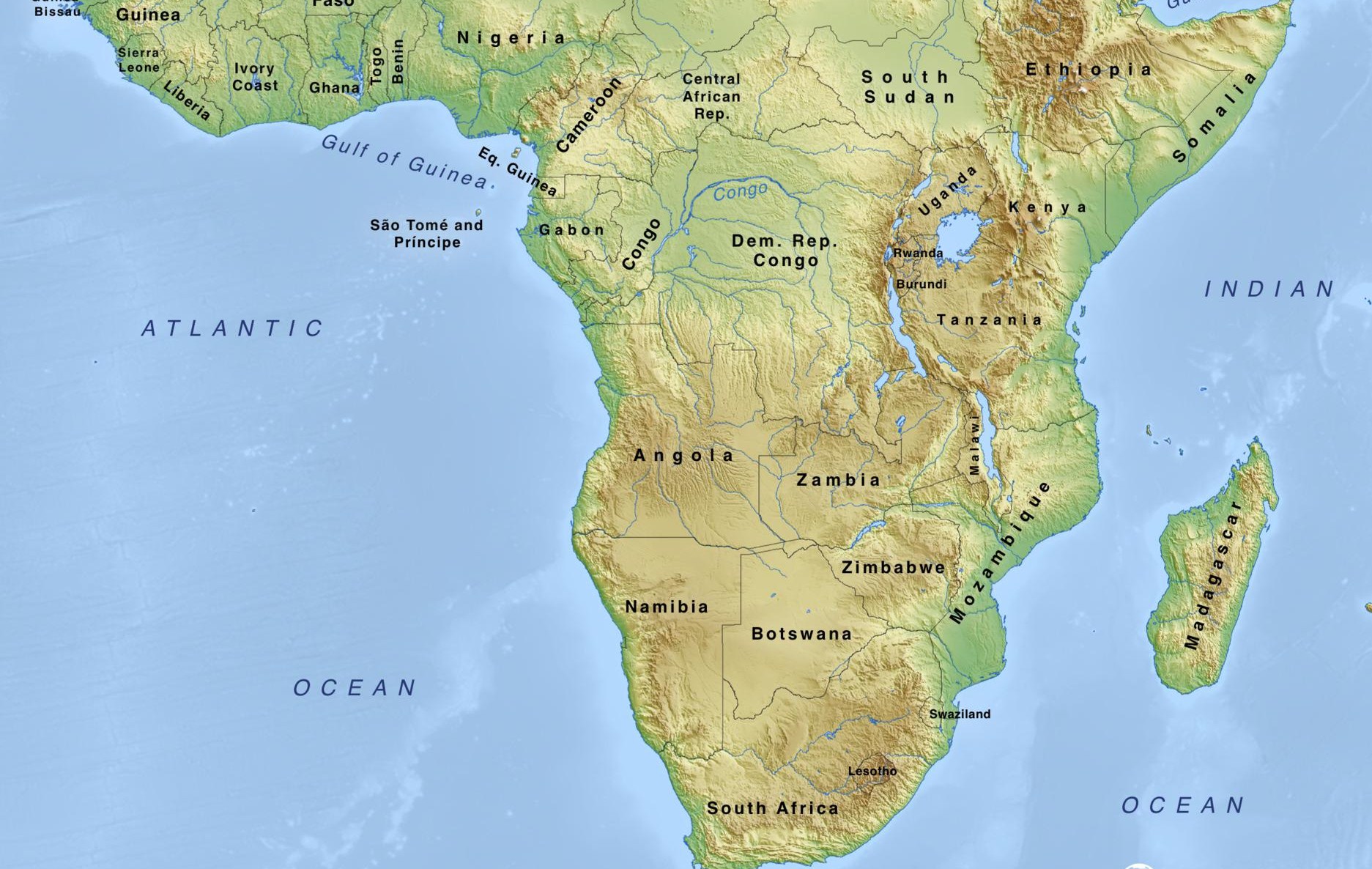08 November 2018
The African Egg Collector
And other stories; an introduction.
By Richard Pooley

Do you write lists? “To Do” lists, I mean. Those lists which should start with “Write a ‘To Do’ list” because when you finish the list you can cross that first line off with a silent but triumphant “Yes!” I am addicted to writing such lists. There are seven beside me now. The one to my right, barely decipherable, is the accumulation of “to do” notes from the past three days. Soon, very soon, it will be time to decipher those lines not yet crossed out and transfer them to a virgin page, hand-written and perhaps expanded a little so that I can remember who Malcolm of ‘Send Malcolm bank details’ is and why he needs my IBAN. And if I am feeling especially motivated, I may merge all the uncrossed-out tasks-to-do from five of the other lists on to the new one. My “Yes!” will not be silent, despite the paltriness of my triumph. I know the whole exercise is just putting off actually doing any of the things that have to be done. I admit, I am a procrastinator. But a tidy one.
The mathematically inclined among you may have noticed that there is still one list left. That’s because it’s not a typical one. It’s headed ‘Crossing Cultures’ and below are two columns. To the left is a list of some thirty story titles. ‘UAE – woman on course; Mosquitoes not that big here (Japan); Nazi salute role-play Munich Re’ and so on. They are there to remind me of the stories I used to tell on the cross-cultural skills courses I ran for business people around the world for nigh on thirty years. In the right-hand column are some thoughts on how I might use these stories in a book. ‘Single hero? A group or team of colleagues… allows range of age, sex, sexuality, race, nationality; Mild satire’ etc. What did I mean by that last point? Indeed, what did several of these ideas mean? There is no date.
I’ve just turned over the piece of paper and found two typed lines on the other side: ‘Crabb – DEPARTS: Transfer from Lechwe to Lusaka airport for BA 254 etd 09:15. (Must leave at 5.00 due to very overbooked flights)’. Where and when did I pick up this scrap paper? Not two years ago when I was last in Zambia, researching and writing a novel based on my experience as a teenage VSO teacher in Botswana. There are clues which show it must have been earlier.
Ah, what’s this piece of paper? A mind map in pencil of another possible writing project entitled ‘Roger + Conchita’. Those were the adventure stories I used to tell my children before they turned into world-weary teenagers. And on the back of this scrap paper is a much longer list of dates, names and flight details – International Guest Transfers. Crabb was not alone then. All is clear. This must have been typed up by a friend in Zambia, when she ran a game lodge on her and her husband’s fish farm. But she closed that business years ago. Blimey, this must have been when I went to stay with them on my own. When was that? I look through my diaries. November 2004, one week. I flew from the UK to Zambia for just a week’s holiday? That’s insane. So, I have been carting around the cross-cultural story list and the mind-map for fourteen years. Now, that’s procrastination.
I’m going to try and write down the best of the stories. What do I mean by “best”? Those which induced an ‘Ah ha!’ or a sceptical ‘Really?’ And those which people remind me of when I meet them later, sometimes years later. Last week a friend staying with us in France retold a story of something that had happened to me while living and working in Japan in the early ’90s. I had not seen my friend for over ten years yet he could remember it perfectly. Why? Because it had taught him something. About the Japanese, yes. And about himself. The stories are not only cross-cultural ones. This is partly because some of these are in Why Doesn’t He Use A Spoon?, a book on international business negotiation I co-wrote and published in 2014. But also because my training has not been confined to helping people deal effectively with other cultures. The first story – The Math Lesson – is an example. True, it does illustrate cultural differences. However, I told it at the end of almost every presentation skills course I ran. That’s over three hundred courses from October 1982 (Ericsson in Stockholm) to December 2017 (the Latvian Prime Minister’s office in Riga). Why? Because it shows how important it is to know how your listeners see the world, if you want to persuade them to do what you want. In this case “see the world” is not a metaphor.
Are these stories true? Towards the end of my 38-year training career, I began to doubt the veracity of a few. I have a reputation in my family for embellishing the tales I tell. But when writing the African novel, I reread my letters home from Botswana (my mother had kept them). I found that the first story was totally true. The ones I have chosen to transfer to the page I know to be real. In most cases I was there.
“Transfer to the page”; there’s the challenge. All these tales were oral, adapted to my audience’s existing knowledge, interests and language ability. One British colleague summed up my training style as “telling stories with funny accents”. She was not trying to be complimentary and, at the time, I was offended. She left the company soon after, convinced that we were not “serious” business people. But when I later shared her jibe with some of my Executive MBA students, none of them British, they were puzzled. “She’s right. And it works. That’s how we learn from you. It’s British humour. It’s what we expect” would be a faithful precis of their responses.
Back to “To Do” Lists. There is one big problem with them, especially those which sit there unaltered and unmerged for years. You forget what some of the items listed mean. That’s what happened with my Crossing Cultures stories. A couple of words, crucial if I am to understand the reference, are illegible. “The American presentation of xxxxxxx to Canning” reminds me that the board of my old company invited some US consultants to pitch to us; but about what I have no memory. I just remember they had no idea how to pitch to a bunch of Brits. Perhaps we were not serious enough. Other words tell me little of value. “Abidjan” reminds me I did some work in Ivory Coast, but what did I find there in my brief stay which would make a powerful story? Nothing sparks in my mind beyond looking down from my skyscraper hotel on to mud huts, a scene we are all too familiar with even if you have never been to Africa. But most frustrating is “African egg collector”. This means absolutely nothing to me. I have racked my brain and ransacked some of those hoarded letters and diaries. Zero. My only hope is that as I write these stories down an African will shuffle into my mind bearing eggs that he has collected from the Bush and I will be able to write his story at the end.
Following this introduction, the first story – The Math Lesson – will appear in next week’s Shaw Sheet.


